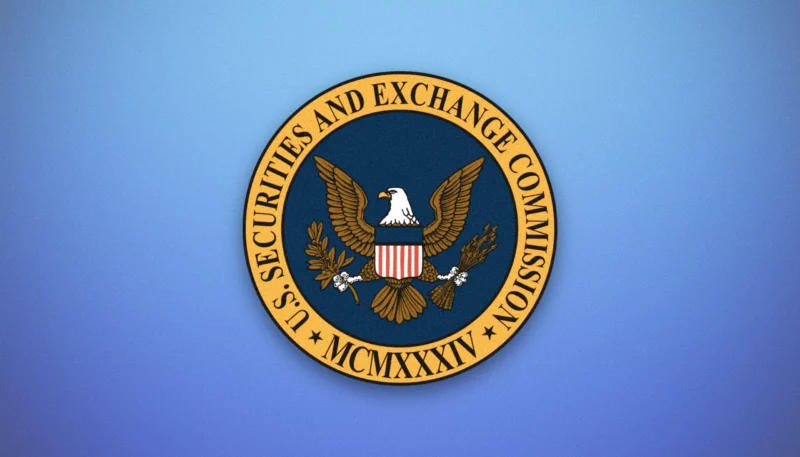Recently, I came across an online petition proposing a new “Startup Exemption” to federal securities registration requirements. You can find the petition at this website: www.startupexemption.com. Like many other similar proposals, its goal is to ease the regulatory burden on small businesses trying to raise capital. Some of the highlights of the proposed exemption are:
- There would be a $1 million limit on the amount of capital raised.
- It would only be available to “small businesses,” defined as a business with average annual gross revenue of less than $5 million during each of the last three years or since incorporation if the business has existed for less than three years
- Unaccredited investors could invest a maximum of $10,000. I like this idea, though it is certainly possible that $10,000 could wipe out the life savings of some lower-income investors.
- It’s somewhat unclear as to the suitability requirements. It’s clear that unaccredited investors would be permitted to invest, but investment should be limited to investors who understand “the risks inherent in this type of investment.” I’m not sure what that means. In general, ambiguity in registration exemptions is a bad idea and leads to them not being used, because people want the safe harbor that a clear exemption provides. Another part of the site mentions some kind of questionnaire that would be used to determine sophistication. I’m somewhat skeptical about the effectiveness of something like that.
- The 500 investor limit in the Securities Exchange Act would be lifted. It’s not clear whether this would be for all companies or just small businesses. Nor is it clear what would happen when these small businesses are no longer “small.”
- Securities issued under this exemption would be a covered security similar to Rule 506 offerings, so it would preempt state registration requirements.
- General solicitation would be permitted on certain” registered platforms.”
- There would also be “standardized forms (generic term sheets & subscription agreements) based on industry best practices” used for the offerings and regular reporting on the registered platforms. This sounds a lot like a simplified version of Exchange Act reporting. The problem is, as soon as you attach anti-fraud liability to reporting, the stakes become too high to do the reporting without sophisticated legal help, which of course is the expense that the proponents of this proposal are trying to avoid.
- There would be some kind of exemption from the requirement to use a broker/dealer in facilitation of these transactions. I’m not sure if they are proposing that finders fees could be paid to non-broker/dealers or if they mean something else.
So those are the highlights. As you can see, many of the points described need some further thought. I like the basic idea and even Mary Shapiro, Chair of the SEC has spoken of the need to relax the regulatory burden on startups. Actually accomplishing that without increasing the likelihood for fraud is the hard part.
———————————–
© 2011 Alexander J. Davie — This article is for general information only. The information presented should not be construed to be formal legal advice nor the formation of a lawyer/client relationship.




